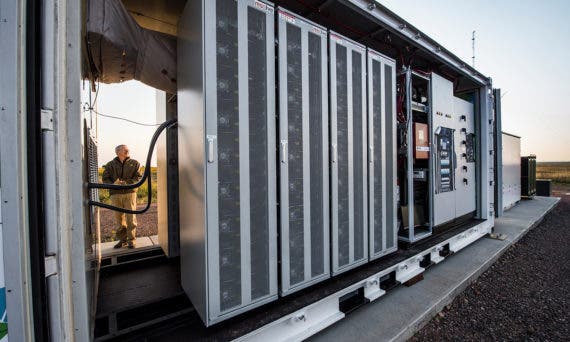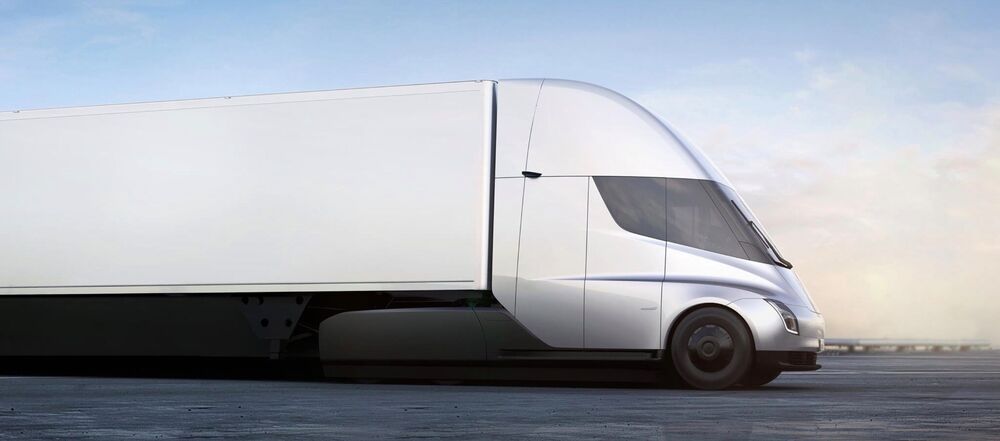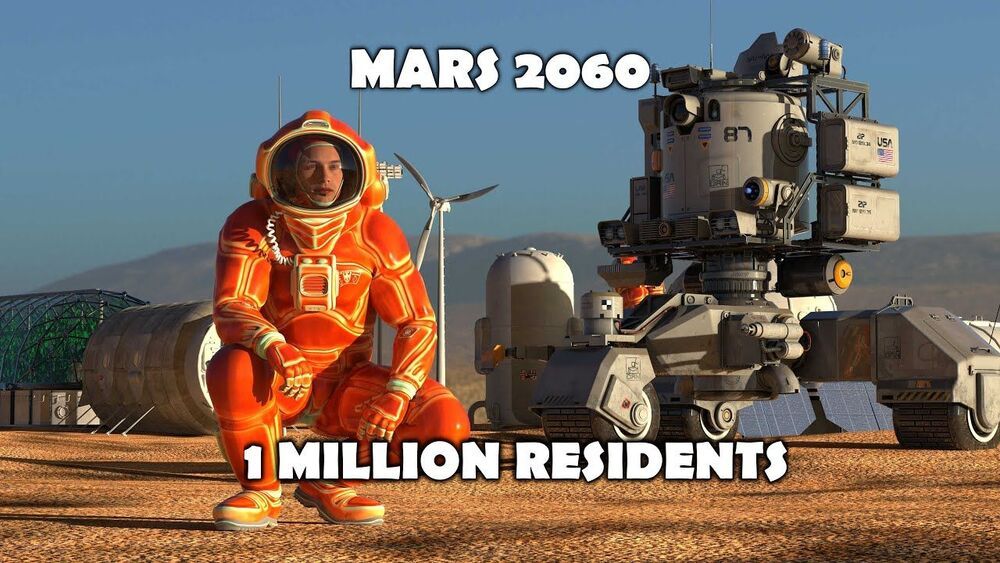Nov 7, 2020
These Drones Have Been Designed To Plant 100,000 Trees Per Day
Posted by Genevieve Klien in categories: drones, sustainability
What happens when you put two pilots to work flying a drone that has been designed specifically to plant trees at a rapid pace? You could potentially get up to 100,000 trees planted per day. That’s an astounding number compared to an average 11,000 trees that are currently being planted by professional tree planters on a weekly basis.

















